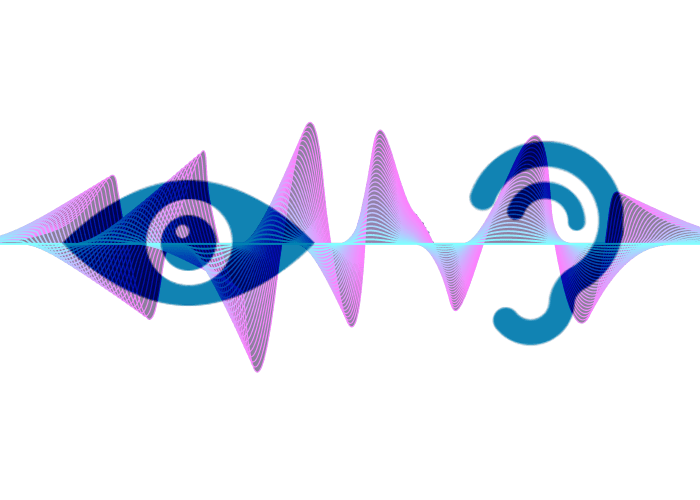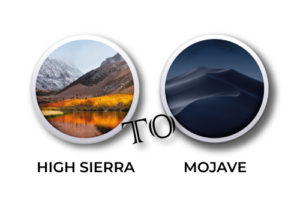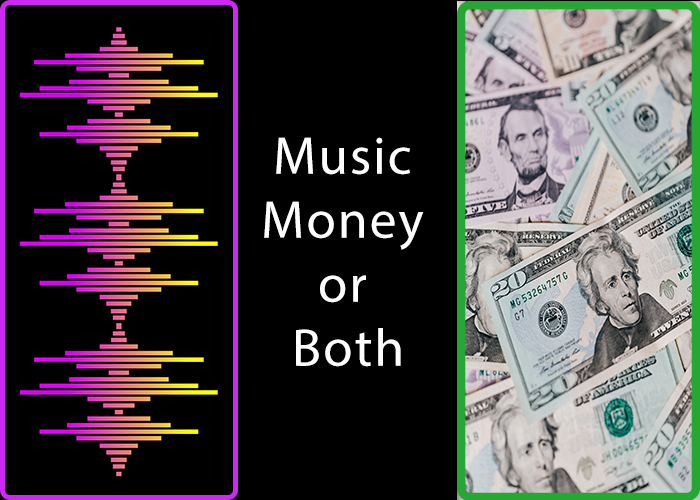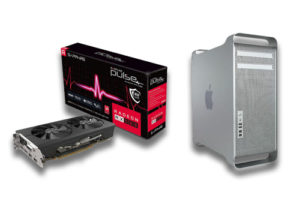EYES or EARS
Hey there, it’s been a wonderful week, the sky was full of clouds and the rains cooled off the temperature, it was a beautiful to watch the trees and the flowers, they all were shinning as new and the pleasant sounds from the nature filled up the atmosphere. This week I feel I must talk about the importance of eyes and ears as a tool used in audio, they both play an important role but which one is better than the other that’s a fight we need to stay away from. Being in the audio industry our focus should be towards our ears, they are the key to everything we do, be it music production, mixing or mastering.
As for us engineers and producers our ears are the main tool to get our sound right and for that to happen, we need our ears performing at the best, with that I mean, we need to take care of them the most. We get too casual with our ears that we forget, that without them our career goes for a toss, we go on listening to loud music, we keep our ears plugged in with earbuds and earphones they are the worst of all, they make our eardrums weak and we tend to loose on hearing certain frequencies, headphones too play a role to in damaging our ears, avoid these as much as you can, or if you cannot, then you must consider using them for shorter period of time and on lower volumes, take breaks in between.
When producing music, mixing or mastering, these days we mostly rely on our eyes than our ears looking to those fancy knobs, frequency graphs and that beautiful UI’s, making our judgement to the sound bit hazy, our brain perceives information firstly based on what we see and later on what we hear. This leads to wrong perception of the sound to what we hear than to what we see, and then we just go around producing mixing mastering again and again like crazies believing that this time the mix would sound right, but most of the time that never happens and that day never comes where you get your sound right the very first time, as we are relying on our eyes before our ears this gets bit difficult to how to get our sound right.
Then there are old timers seasoned engineers those who get their sound right every time, What’s the trick? How do they do it, Well the trick is simple, very simple, but its bit time consuming, all you need is to train your ears every day until you get to understand the frequencies without even looking at it, it may sound difficult, but no, its not, rather its as easy as we breath without even knowing it. Just like we learn to walk or run or learn any musical instrument practicing each day until I we get it right, similarly we try listen to music as frequencies until we get to understand them, All these engineers from the 80’s 90’ and later never had these plugins with all those fancy knobs and ui’s they relied on their ears rather than eyes, they trained their ears to a level that now even after so many years they are still perfect in finding and correcting problematic sounds or frequencies in the music, there are various other modern engineers who are good with their sound too, even if they are new age engineers or they use those attractive plugins, that’s because they have trained their ears.
How to train your ears:
Training your ears is simple it’s kind of fun it’s an everyday job, you do it every day and eventually you will get better at it. There are few tips and tricks which you can apply in your daily practice to learn the sound and frequencies.
1st. Always listen to quality music, that is out from profound engineers and music producers.
These guys know their work and they are very good at it, they know the sound they want and how to get its their life long practice and experience which we want to learn from them.
2nd Stay away listening to compressed audio i.e mp3’s, always opt for Lossless audio wav or aiff.
There are other new formats too, listening to these will help you and your ears to get the clearest sound as it was meant to be heard, the full frequency spectrum, which we need to learn and understand and train our ears to find out and differentiate between good and the problematic ones.
3rd Avoid listening all these over earphones or earbuds, prefer hi quality pro audio or audiophile monitors or headphones.
Listening to good music is always better if paired with a good set of monitors or a decent pair of headphones, giving you the experience and clear understanding of the music and the frequencies.
4th Try to listen to live bands, instruments, artists.
We all have been listing to music mostly over our phones or computers, which have their own limitations, however to understand music completely it is always recommended to listen to live bands live musical instruments and artists, this way you will get to know the original, exact sound of an instrument music and artist.
Following these tips would help you get better each day and train your ears to the fullest.
The Most Important Tip.
The most important tip I would recommend is to try to feel the music with your eyes closed, this way your eyes won’t be the first information which is being fed to your brain, which then will help you understand, learn and train your ears to the fullest and quickest, trust me this works brilliantly.
Practicing these steps will definitely get you better at your work be it producing music mixing music or mastering music. Plugins will be plugins, thereafter be it any one, when you know your sound and frequencies you will know your plugins too and yes getting it right each time the first time.
Audio Podcast:




